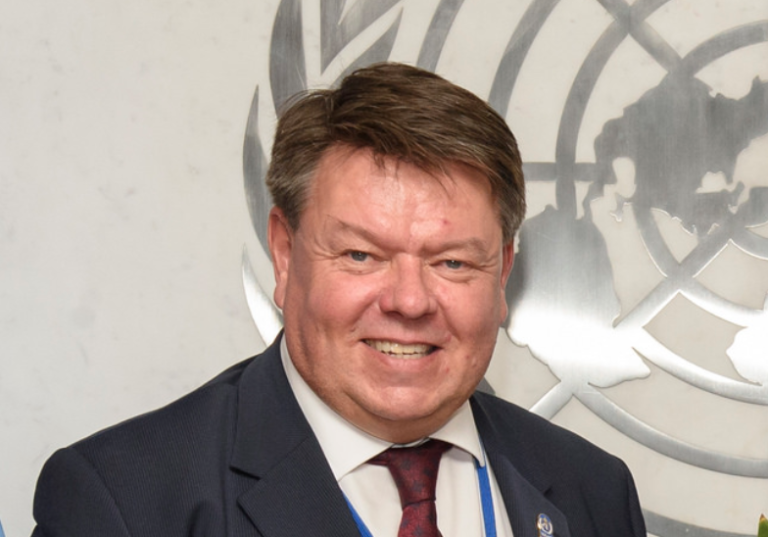Foreword by WMO Secretary-General Professor Petteri Taalas
- Author(s):
- Petteri Taalas


But already in January, there was news about a virus. Then in February, the situation took a turn for the worse as one country after another recorded outbreaks of COVID-19. Daily reports on the escalating number of victims increased concerns. Everyone became more cautious, but no one expected the full-scale restrictions that would be imposed as of March to slow down COVID-19 outbreaks. WMO immediately implemented the recommendations of the Swiss Government with deep rooted concern for the health of Secretariat staff and for that of the entire WMO Community around of the world. Despite the COVID-19 crisis, the WMO Community would be called upon to continue to provide early warning of weather, climate and water-related hazards and to coordinate with emergency services to mitigate disaster risks.
It was relatively easy for most Secretariat staff to switch to working from home, so only a skeleton crew remained to provide essential services at our headquarters in Geneva. However, National Meteorological and Hydrological Services had many adjustments to make to maintain operational services during the lockdown. Some fared better than others, but with the support of their colleagues in other services, all continued to perform their essential 24/7 functions despite the pandemic.
The impacts of the lockdown were most felt in the WMO Integrated Global Observing System, the backbone for all weather and climate services and products provided by WMO Member to their citizens. Aircraft-based observations, which makes significant contributions to upper-air monitoring of the atmosphere, dropped by 75% to 80%. Surface-based weather observations declined, especially in Africa and parts of Central and South America where many stations are manual.
Analysis of the available data indicate that despite the lockdown measures CO₂ will continue to accumulate in the atmosphere in 2020 and greenhouse gas concentrations will continue to rise with just a slight decrease in the rate of this increase. Therefore, the demand for improved services from WMO will continue to grow.
WMO's 70th year was one of crisis. This issue of the WMO Bulletin highlights some of the challenges and solutions being implemented during the crisis. It demonstrates how family bonds in the WMO Community grow stronger in times of crisis. How we are stronger together at 70, than any of us could be standing alone. Together, we look forward to another 70 years to further advancement in science and research, observations and data sharing, and weather, climate and hydrology product and service provision to serve the public good.
Petteri Taalas
Secretary-General World Meteorological Organization


